Home

Ovulation

Pregnancy Symptoms After Ovulation Day by Day: Exploring the Daily Progression
In this Article
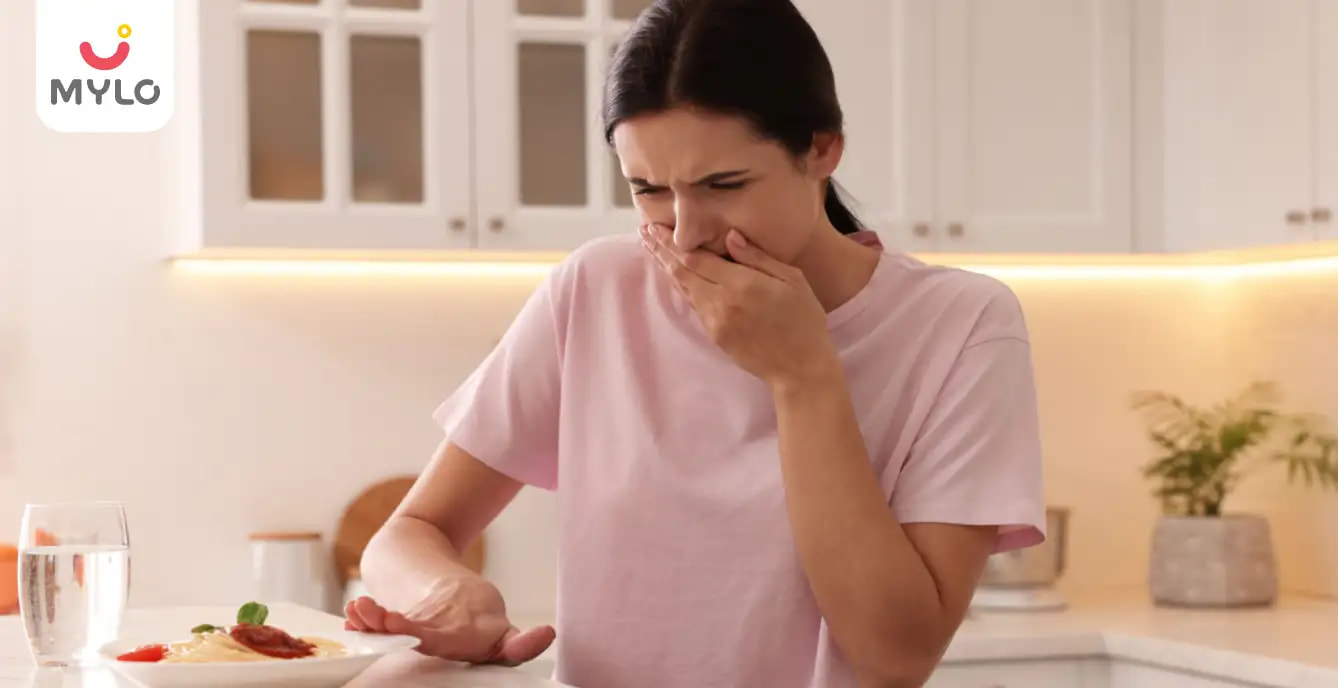
Ovulation
Pregnancy Symptoms After Ovulation Day by Day: Exploring the Daily Progression
Updated on 12 December 2023



Medically Reviewed by
Dr. Shruti Tanwar
C-section & gynae problems - MBBS| MS (OBS & Gynae)
View Profile

Pregnancy is an exciting time filled with anticipation and wonder. For those trying to conceive, the days following ovulation can be filled with hope and curiosity about whether conception has occurred. While it may take some time for a pregnancy test to confirm the good news, there are subtle signs and symptoms that can indicate a possible pregnancy. In this article, we will explore pregnancy symptoms after ovulation day by day, providing insights into what to expect during each phase.
How soon can you feel pregnancy symptoms after ovulation?
The wait for a pregnancy test can feel agonizingly long, and many women wonder how soon they can start experiencing pregnancy symptoms after they have ovulated. While it varies from woman to woman, it is generally believed that pregnancy symptoms can start as early as 6-12 days after ovulation.
However, it's important to note that not all women will experience symptoms after ovulation, if pregnant at the same time or with the same intensity. Some may notice subtle changes within a few days, while others may not feel any noticeable symptoms until several weeks into their pregnancy.
You may also like : Ovulation Kit 101: A Beginner's Guide to Tracking Fertility & Maximizing Your Chances of Conception
How many days after ovulation can you get pregnant?
Understanding the timing of conception is crucial for those trying to conceive. After ovulation, an egg can be fertilized for approximately 12-24 hours. However, sperm can survive in the female reproductive tract for up to five days. This means that conception can occur if intercourse takes place up to five days before ovulation or on the day of ovulation itself.
Therefore, it is possible to get pregnant within a window of six days, starting from five days before ovulation and ending on the day of ovulation.
Pregnancy symptoms after ovulation day by day
Now, let us understand the daily progression of pregnancy symptoms after ovulation:
Day 1-3: The Silent Wait Begins
In the first few days after ovulation, it is common for women to feel no noticeable symptoms. This is often referred to as the "two-week wait" or the luteal phase. During this time, the fertilized egg travels down the fallopian tube towards the uterus. It is preparing to implant itself into the uterine lining, which will eventually develop into the placenta to support the growing embryo.
While it may be tempting to analyze every twinge or sensation during this phase, it is important to remember that early pregnancy symptoms may not manifest until later.
Read About : Blocked Fallopian Tube
Day 4-7: Early Pregnancy Symptoms
Let us understand how soon can you feel pregnancy symptoms after ovulation. Around four to seven days after ovulation, some women may start to notice early pregnancy symptoms. These can include breast tenderness, mild cramping, fatigue, and heightened sensitivity to smells. These symptoms are often attributed to the increase in hormones, such as progesterone, that occur during pregnancy.
It's important to note that these symptoms can also be attributed to premenstrual syndrome (PMS), so it's crucial not to jump to conclusions during this phase.
Day 8-12: Hormonal Shifts and Implantation
Between days eight and twelve after ovulation, hormonal shifts continue to occur in preparation for implantation. If conception has occurred, the fertilized egg will now be implanting itself into the uterine lining.
Some women may experience light spotting or a slight increase in discharge during this time, which can be early pregnancy symptoms after ovulation. However, it's important to remember that not all women will experience implantation bleeding, and its absence does not necessarily indicate a lack of pregnancy.
Day 13-17: Possible Pregnancy Symptoms
By the thirteen to seventeen days after ovulation, more noticeable pregnancy symptoms may start to appear. These can include nausea or morning sickness, frequent urination, food cravings or aversions, and mood swings.
It's important to remember that every woman's experience is unique, and not all women will experience the same symptoms or with the same intensity. Some women may have a smooth pregnancy with minimal discomfort, while others may experience more severe symptoms.
Day 18-22: The Telltale Signs of Pregnancy
Between eighteen and twenty-two days after ovulation, the signs of pregnancy become more apparent. Women may notice a darkening of the areolas, the area around the nipples, as well as the appearance of blue veins on the breasts.
Some women may also experience an increase in breast size and fullness. These physical changes are a result of the increased blood flow and hormonal changes happening in the body.
Day 23-28: Confirmation
As the end of the menstrual cycle approaches, the signs of pregnancy become more evident. By days twenty-three to twenty-eight after ovulation, a missed period is usually the most telling clue of pregnancy.
It's important to note that a missed period can also be attributed to other factors, such as stress or hormonal imbalances. Therefore, it is crucial to take a pregnancy test for confirmation. You can do a home pregnancy test before you miss your period or right after you miss your period when you are feeling these symptoms.
It is important to remember that doing the test too soon can give false negative test. If the test is positive, it is recommended to consult a healthcare professional for further guidance.
You may also like : Ovulation: The Key to Maximizing Your Chances of Conception and Pregnancy
When to consult a doctor
If you suspect you may be pregnant or are experiencing any concerning symptoms, it is always recommended to consult a doctor. A healthcare professional can provide guidance, perform necessary tests, and ensure the well-being of both the mother and the baby. They can also address any concerns or questions you may have about your pregnancy or any symptoms you are experiencing.
What to do if you don't notice pregnancy symptoms after ovulation?
It is important to remember that not all women will experience noticeable early pregnancy symptoms after ovulation. Some women may have a symptom-free pregnancy or may not experience symptoms until later in their pregnancy.
If you have not noticed any symptoms after ovulation and suspect you may be pregnant, it is best to take a pregnancy test for confirmation. If the test is negative and you are still concerned, it is recommended to consult a healthcare professional for further evaluation.
The Bottomline
Pregnancy symptoms after ovulation day by day can vary from woman to woman. While some may notice early signs of pregnancy within days of ovulation, others may not experience any noticeable symptoms until several weeks into their pregnancy. It is important to remember that every woman's experience is unique, and not all women will experience the same symptoms or with the same intensity. If you suspect you may be pregnant or have any concerns, it is always best to consult a healthcare professional for guidance and support.
References
1. Su RW, Fazleabas AT. (2015). Implantation and Establishment of Pregnancy in Human and Nonhuman Primates. Adv Anat Embryol Cell Biol.
2. Gadsby R, Ivanova D, Trevelyan E, Hutton JL, Johnson S. (2021). The onset of nausea and vomiting of pregnancy: a prospective cohort study. BMC Pregnancy Childbirth.





Medically Reviewed by
Dr. Shruti Tanwar
C-section & gynae problems - MBBS| MS (OBS & Gynae)
View Profile


Written by
Anupama Chadha
Anupama Chadha, born and raised in Delhi is a content writer who has written extensively for industries such as HR, Healthcare, Finance, Retail and Tech.
Read MoreGet baby's diet chart, and growth tips

Related Articles
RECENTLY PUBLISHED ARTICLES
our most recent articles
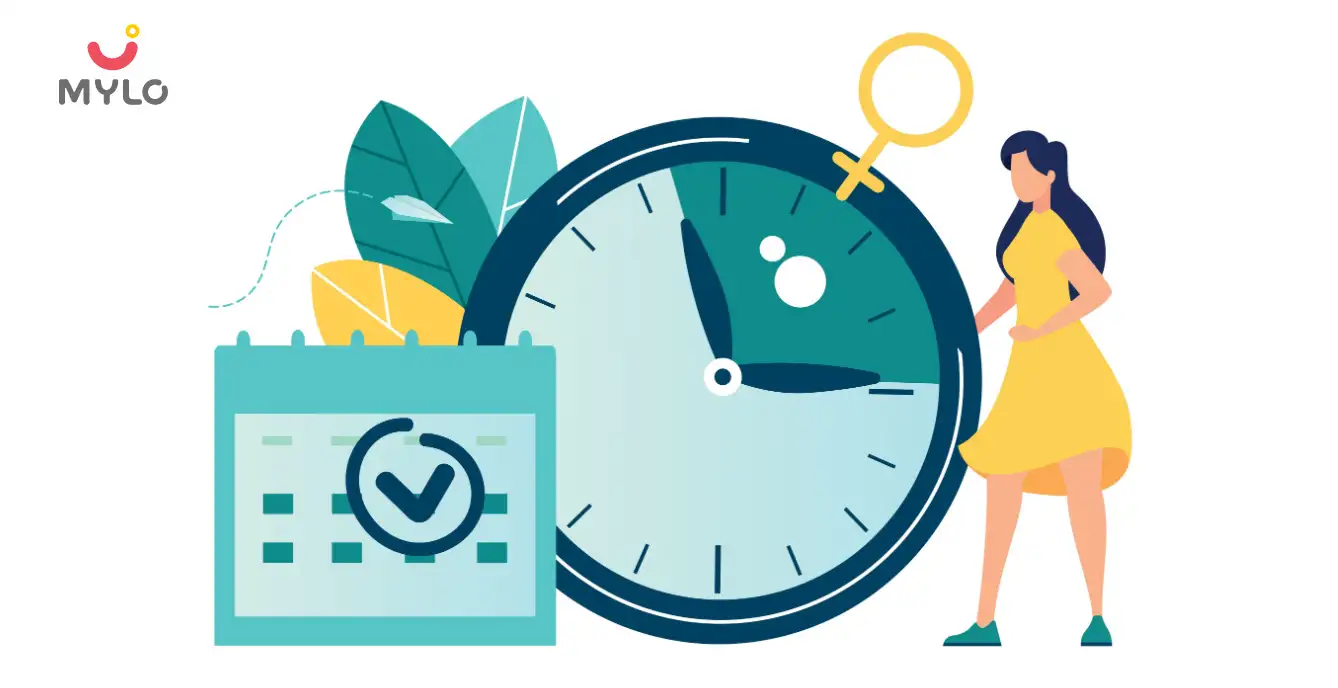
Ovulation
Signs Ovulation is Over: Your Guide to Understanding the End of Ovulation
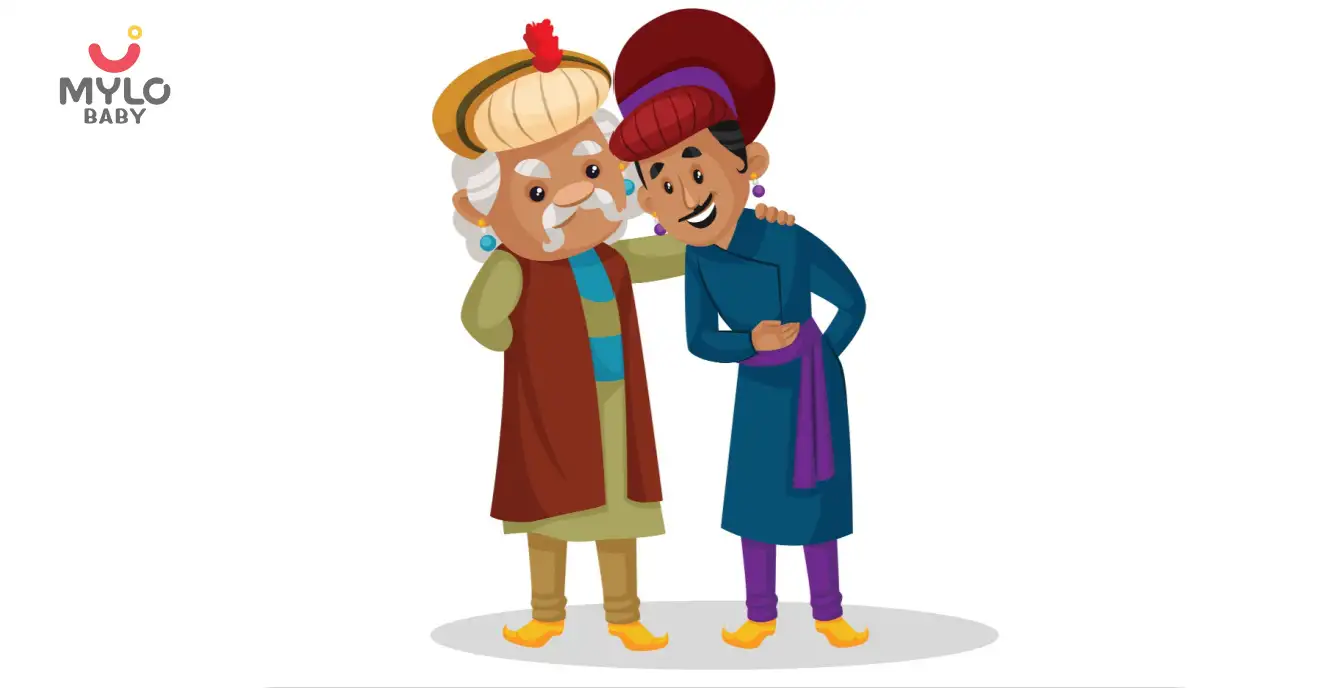
Stories
Top 15 Akbar and Birbal Stories for Young Kids
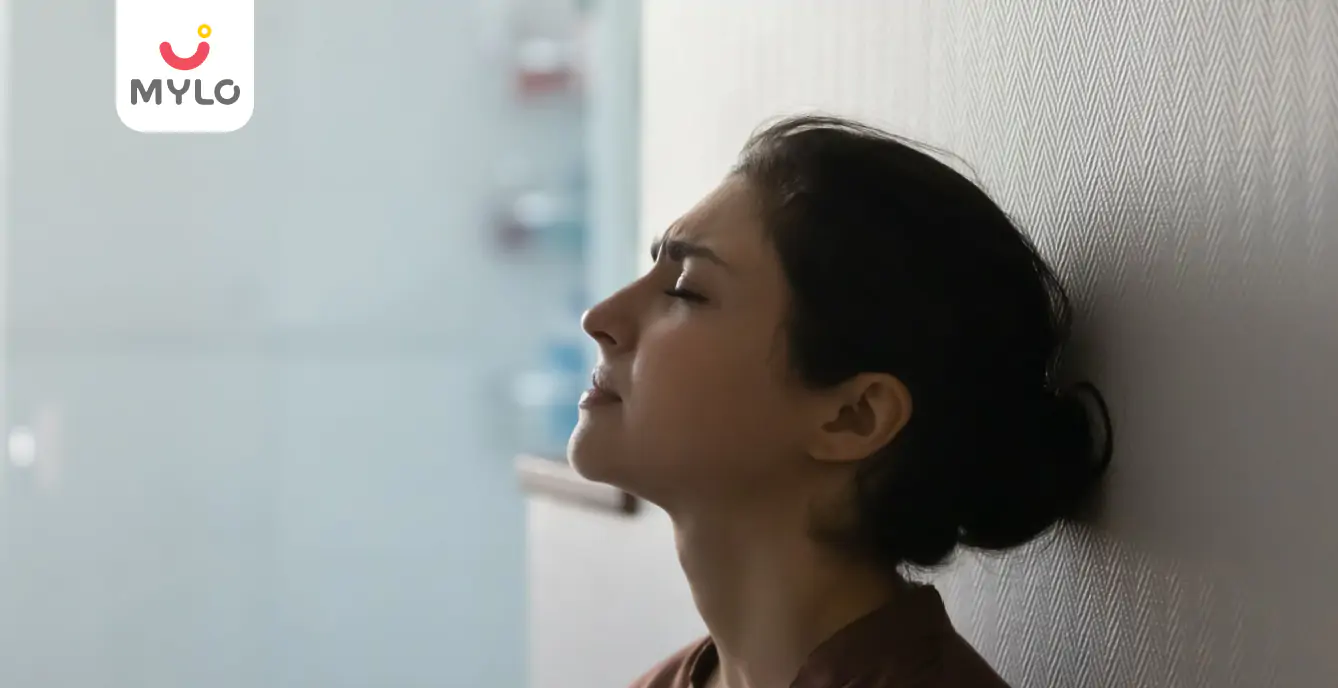
Abortion
How Soon After an Abortion Can You Get Pregnant?
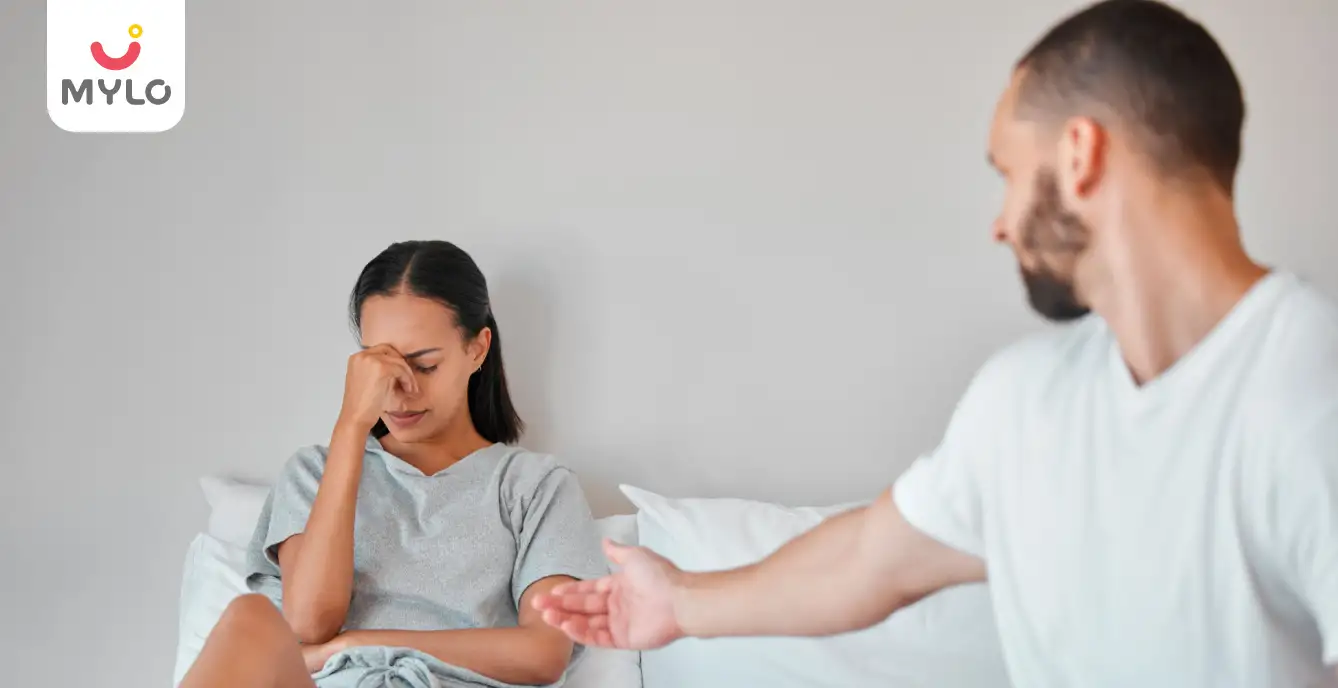
PCOS & PCOD
PCOS and Sex: Exploring Impact on Health and Debunking Common Myths
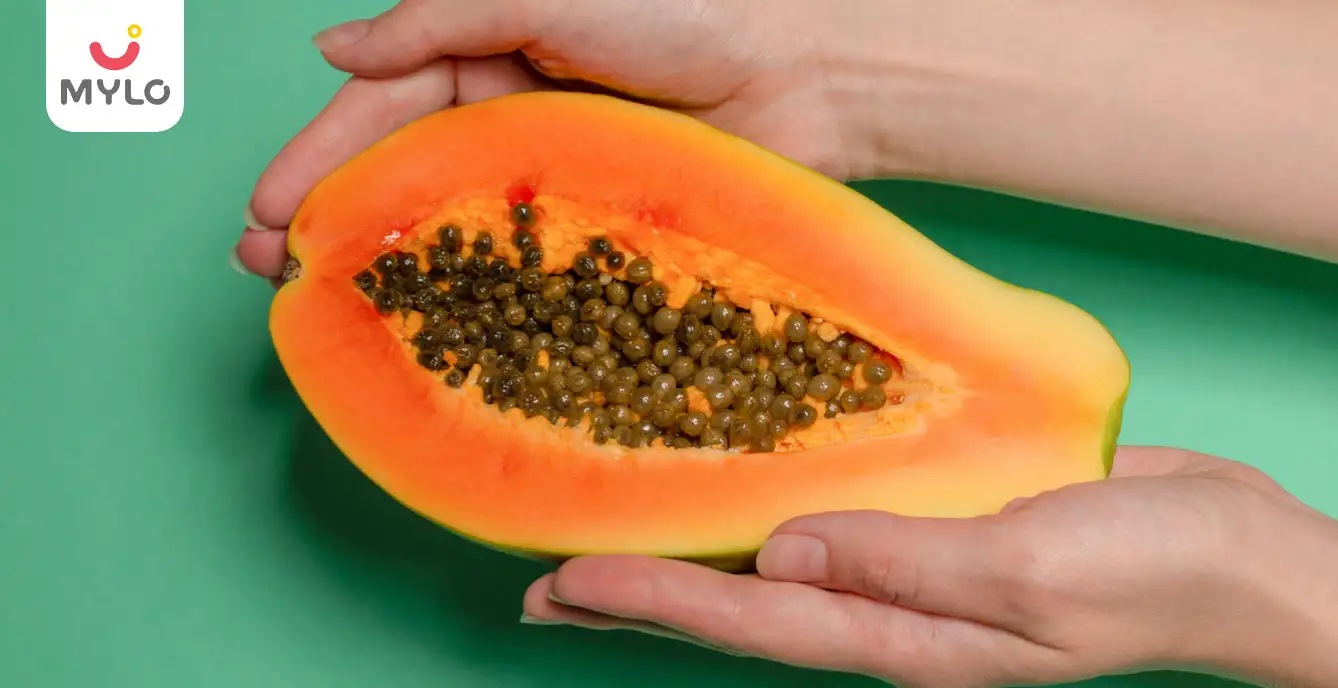
PCOS & PCOD
Papaya for PCOS: Exploring the Link and How It Can Positively Impact Your Health
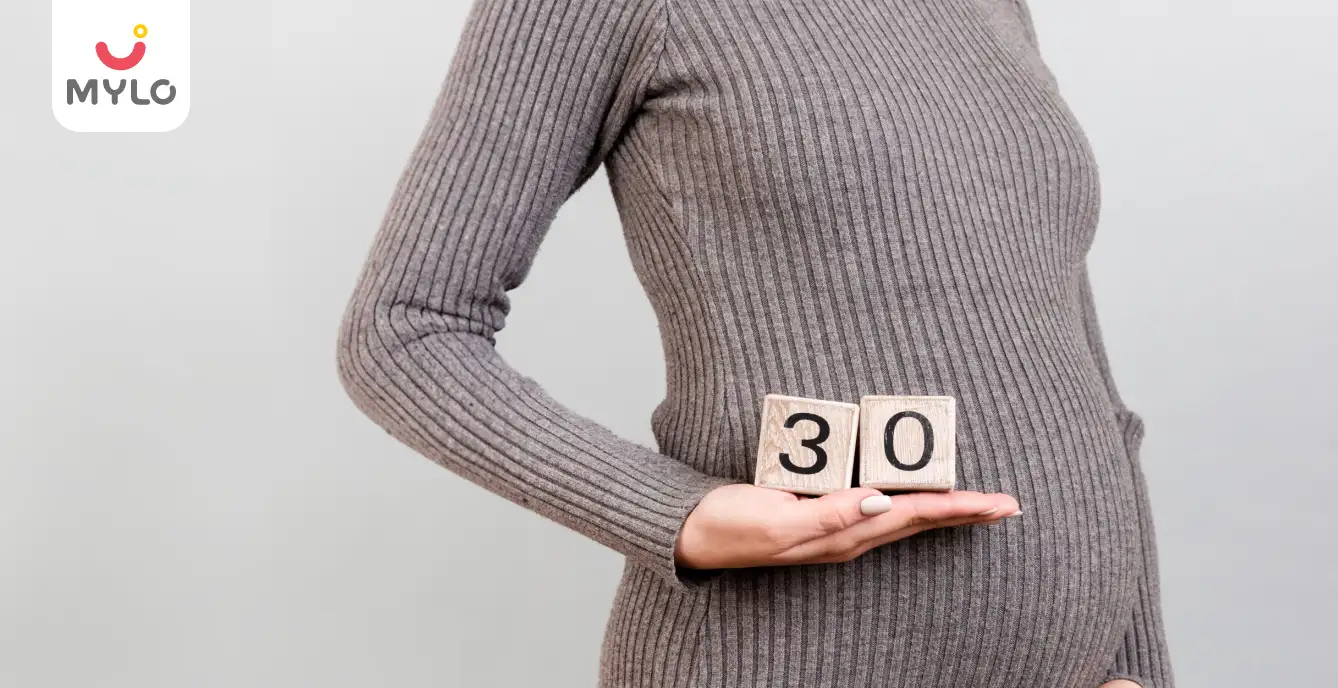
Fertility
How to Boost Fertility in Your 30s: The Ultimate Guide
- Anovulation Meaning Explained: What You Need to Know About Its Causes & Treatment
- Basal Body Temperature: How It Can Help You Track Ovulation?
- Ovulation Pain: Is It Normal or a Cause for Concern?
- Special Home Remedies For Gas During Pregnancy
- PCOD Problem After Marriage: Debunking Common Misconceptions and Finding Solutions
- White Discharge After Ovulation: A Normal Occurrence or Cause for Concern?
- Normal Ovary Size: How It Varies and What It Means for You
- 2024 Calendar with Holidays and Festivals of India
- After-Abortion Sex: A Guide to Physical and Emotional Wellness
- Cervical Cerclage: A Closer Look at the Procedure and Its Benefits
- The Ultimate Guide to Panchatantra Stories for Kids
- Which Is Better Normal Or Cesarean Delivery
- How to Get Baby in Right Position for Birth?
- Paheliyan 101: Riddles for Kids That Educate and Entertain


AWARDS AND RECOGNITION

Mylo wins Forbes D2C Disruptor award

Mylo wins The Economic Times Promising Brands 2022
AS SEEN IN

- Mylo Care: Effective and science-backed personal care and wellness solutions for a joyful you.
- Mylo Baby: Science-backed, gentle and effective personal care & hygiene range for your little one.
- Mylo Community: Trusted and empathetic community of 10mn+ parents and experts.
Product Categories
baby carrier | baby soap | baby wipes | stretch marks cream | baby cream | baby shampoo | baby massage oil | baby hair oil | stretch marks oil | baby body wash | baby powder | baby lotion | diaper rash cream | newborn diapers | teether | baby kajal | baby diapers | cloth diapers |




